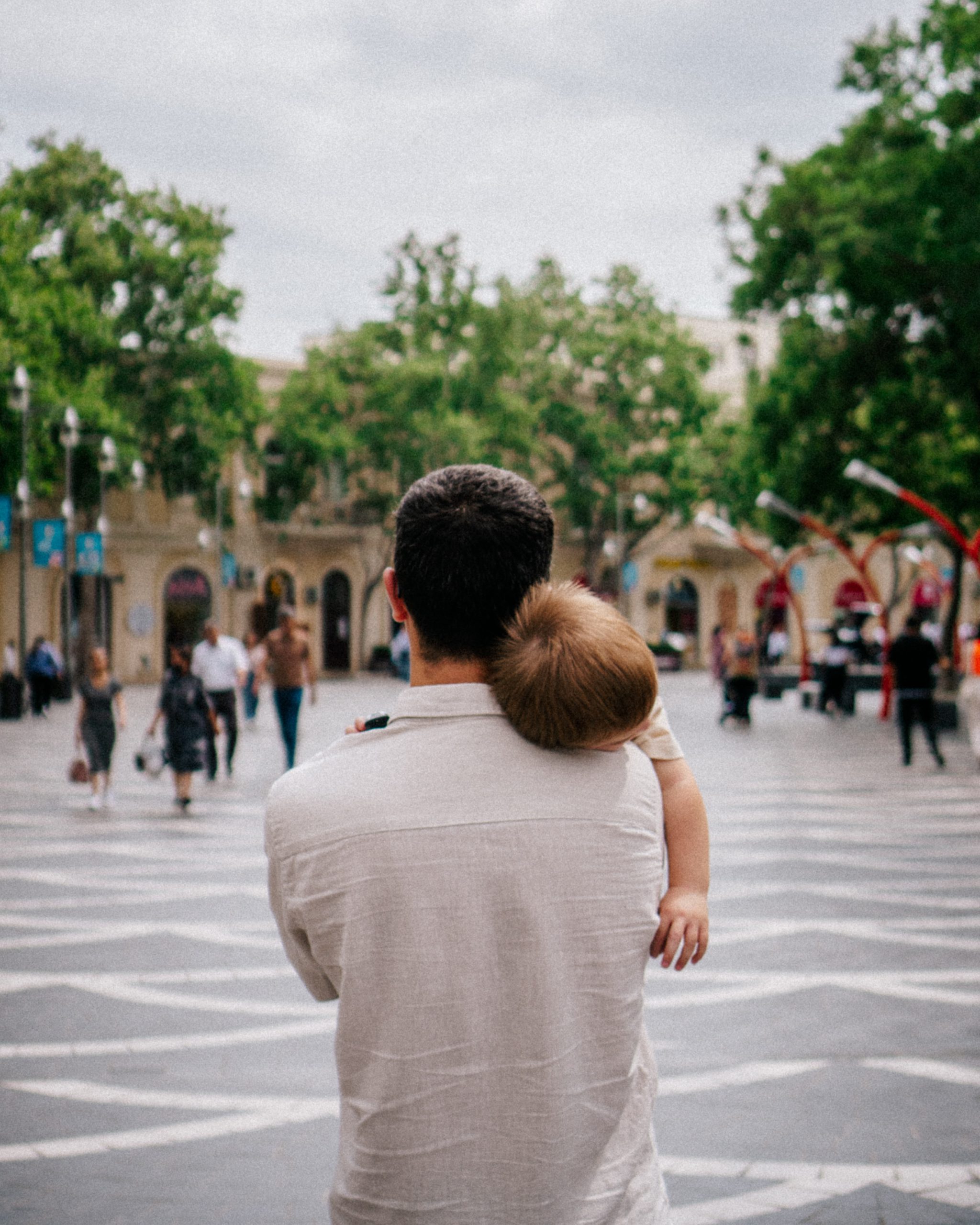Key Takeaways:
– Misogynoir refers to the intersection of racism and sexism, specifically targeting Black women.
– It is important to recognize and understand the four tropes that contribute to misogynoir: the Sassy Black Woman, the Hypersexual Jezebel, the Angry Black Woman, and the Strong Black Woman.
– These tropes dehumanize Black women, limit their agency, and perpetuate harmful stereotypes.
– Misogynoir is rooted in historical and cultural contexts, such as slavery and white supremacy.
– The fight for women’s liberation must explicitly address and dismantle racialized sexism.
The Sassy Black Woman
The portrayal of Black women as sassy, finger-snapping, and constantly sassy perpetuates harmful stereotypes and reduces their complexity and humanity.
This trope undermines the multifaceted nature of Black women and reinforces a limited and one-dimensional view.
The Sassy Black Woman trope devalues Black women’s emotions and experiences and prevents genuine understanding and connection.
The Hypersexual Jezebel
The Hypersexual Jezebel stereotype depicts Black women as inherently promiscuous and sexually available.
This stereotype objectifies and fetishizes Black women’s bodies, reducing them to sexual objects.
It originates from the era of slavery when white men justified their rape of enslaved Black women by spreading the belief that they were insatiable.
The Hypersexual Jezebel trope perpetuates victim-blaming and prevents Black women from reclaiming their own sexuality.
The Angry Black Woman
The Angry Black Woman stereotype portrays Black women’s anger as irrational and dismisses their legitimate grievances.
It is used to silence and downplay Black women’s valid expressions of anger and frustration.
This trope positions Black women as the opposite of white men’s perceived rationality and contributes to the erasure of their experiences.
The Angry Black Woman stereotype is used to belittle and invalidate Black women’s anger by labeling it as a character flaw rather than a justified response to oppression.
The Strong Black Woman
The Strong Black Woman trope presents Black women as emotionally invincible and capable of withstanding any hardship without support.
It stems from the historical context of Black women shouldering the burden of physical and emotional labor.
The Strong Black Woman narrative glorifies strength but often prevents Black women from seeking help and addressing their own emotional well-being.
This trope also contributes to the stigmatization of mental health issues among Black women.
Conclusion
Misogynoir is a term that highlights the specific intersection of racism and sexism that Black women face.
Understanding and challenging the four tropes of misogynoir is crucial for fostering an effective and compassionate feminism.
By recognizing the ways in which Black women are devalued and dismissed, we can work towards dismantling racialized sexism and creating a more inclusive and equitable society.









